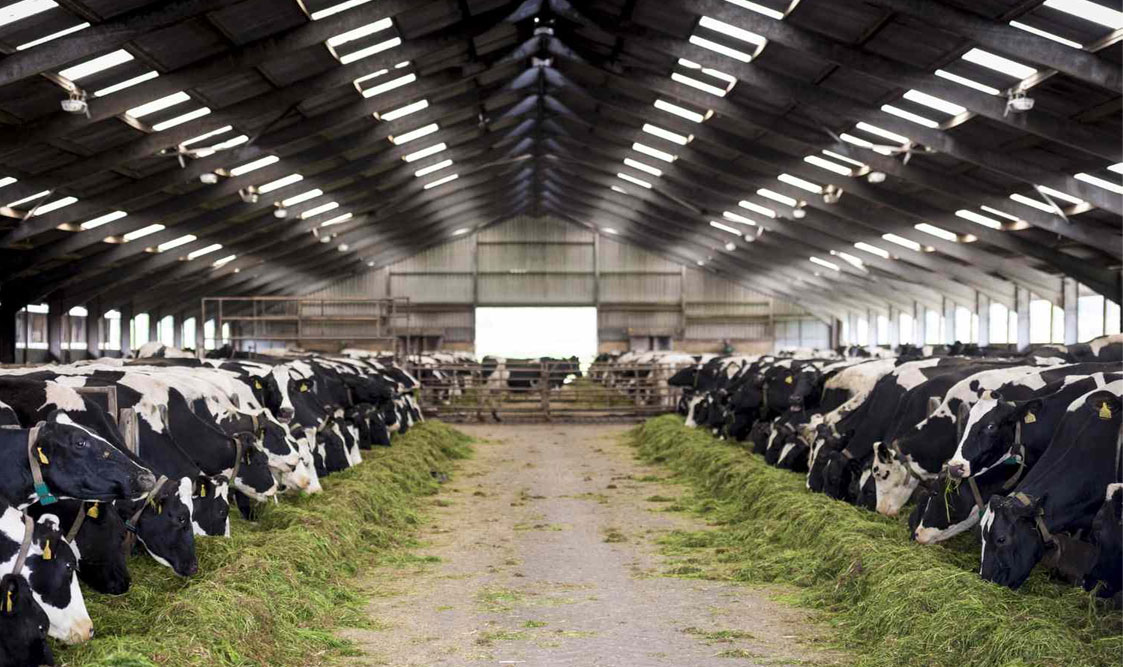The importance of maintaining optimum sanitary conditions across all sectors of the dairy industry cannot be overstressed. The biggest reason is the very fact that nearly every product manufactured by the dairy business is designed to be consumed. Therefore, just like any other food product, maintaining the highest possible sanitary standards across all stages of production should be considered mandatory. Other than that, there are more industry-specific reasons as well, so let’s discuss some of the more important ones.
Dairy Products are Perishable
Any food that begins to spoil within a relatively short time is called perishable and dairy products are right on top of that list. Unless they are manufactured and preserved via strictly controlled processes within sanitized environments, milk, and its various by-products can spoil very easily. In fact, it’s so important that one of the main uses for a baseline heat exchanger (3-A compliant) is that of heating and cooling dairy products under optimum sanitary conditions inside industrial and commercial facilities. This is essential because milk is highly susceptible to spoiling at extreme temperatures, while at the same time, extreme temperatures are necessary to ensure proper pasteurization of milk.
Unsterilized Dairy Products Often Carry Dangerous Pathogens
Milk is susceptible to germs and parasites before proper sterilization. Unless it has been sterilized and stored per the latest dairy production and preservation standards, the products manufactured from inadequately sterilized milk may continue to carry pre-existing contaminants.
For example, unpasteurized milk and milk products are known for containing several pathogens, which include common causes of food poisoning such as salmonella, E. coli, listeria, campylobacter, norovirus, clostridium perfringens, staphylococcus, etc. Contaminated milk may also contain viruses responsible for hepatitis and encephalitis as well. You can find out more about potential health risks from unpasteurized milk here.
Dairy Products Can Become Easily Contaminated Even After Pasteurization
If pasteurized milk is not preserved in temperature-controlled enclosures, it can easily become re-contaminated with some of the same germs that the pasteurization process helps in getting rid of. If the milk sterilization process was not carried out under strictly maintained sanitary conditions, the pasteurization could be partially or entirely ineffective. Unhygienic and improper pasteurization processes may actually end up adding more germs to dairy products than before.
Primary Consumers are Also the Most Vulnerable to Dairy-Borne Diseases
Millions of infants and young children rely on dairy products for their daily nutrition. Just one bad batch of bad milk can end up afflicting hundreds or even thousands of children with serious illnesses that can even lead to death. The fact that infants and young children have undeveloped immune systems only further worsens the potential danger here.
The bottom line is that dairy products can easily become the origin of widespread disease and even epidemic outbreaks unless strict sanitary conditions are maintained across all cycles of their production, sterilization, and storage processes. The fact that milk is often an essential nutrient for infants and toddlers only further underlines the significance of maintaining the highest standards in dairy farms, product manufacturing facilities, as well as retail stores.


